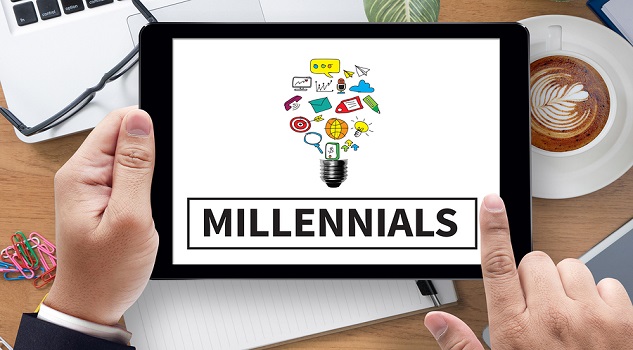Millennials have a mentality that can leave business owners or managers scratching their heads. In fact, for some, it can be sheer despair. I get it; I’ve seen it.
But even though this generation is rising into middle or senior management positions, there are still large gaps in understanding. This means those gaps, translate into holes in the business that if aren’t plugged, will continue to leak. And that leak is the demise of business performance, including talent.
Whether intentional or not, the fact that some organisations still aren’t willing to take the time to invest in their workforce – i.e., listen to the needs of their younger gens, or understand the core values system which drives them – it’s becoming problematic. And it’s being felt both ways: for managers who continue to pull their hair out and for millennials who are increasingly frustrated and ready to push the eject button.
For those managers who are needing a fast-track understanding, the following three pain points may be of value.
1. Entry-level work
Entry-level work is challenging for millennials. And it’s not because it’s entitlement related, but more because of the society grown up in. Millennials have grown up in an era where technology and exposure to information have created broader mindsets and “increased education” compared to other generations of the same age.
This means millennials are accustomed to, and in some parts expect “bigger things” early on in life. Factor in values like wanting to make a difference, contribute something of value and pursue their dreams, and it becomes clear of their visionary ways.
For millennials, being in positions that are monotonous or heavily admin doesn’t translate to substance. Workplaces would benefit from creating more diversity in the types of tasks given to millennials and give them more opportunities to add value to their current roles.
2. Workplace value systems clashing
For older generations, working nine to five has been a reality of life. While the pandemic pushed the fast-forward button on workplaces changing ways of working, some are still holding on to traditional working structures. This won’t work. Millennials will look for a workplace that offers flexibility – such as working from home, flexible work hours and location. Workplaces will get more from millennials when they are given flexibility and freedom and would benefit from setting up a hybrid workplace arrangement that includes the option to work remote fully, industry permitting.
3. Inter-generational relationships
Millennials sometimes find it difficult relating to older generations. Workplace insights have suggested reasons such as not having anything in common to talk about, or perceived age bias from older colleagues. Both points suggest an absence of awareness of generational differences. This places responsibility back on workplaces to ensure that better relationships are occurring with colleagues. Workplaces would benefit from identifying where intergenerational tensions are present and resolving these through education and awareness.
While these challenges aren’t exhaustive, they do offer some insight into the millennial experience. This should, in turn, encourage business leaders to want to know more, and do something to resolve challenges.








![I’m sick of entitled millennials who [fill in the blank]](https://insidesmallbusiness.com.au/wp-content/uploads/2021/04/How-to-keep-your-millennial-employees-engaged-200x150.jpg)



